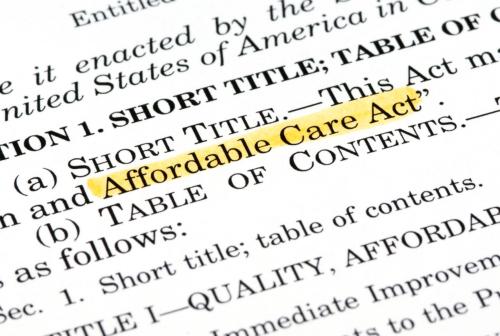Americans are deeply concerned about paying their mounting bills for health care. This is true whether they have public (Medicare or Medicaid) or private insurance. And it’s certainly true for the 46 million people with no insurance at all. At the same time, the federal government’s health spending is clearly unsustainable. If current commitments are kept, other government services will have to be slashed or taxes increased drastically just to pay for Medicare and Medicaid.
Recommendations
Specifically, the new President should adopt a broad agenda of reform, drawing from policies that:
- support incremental advances using both market and regulatory reforms
- continue to use Medicare and Medicaid to promote system-wide improvements through, for example, adoption of clinical practice guidelines and disease management for costly chronic conditions
- use their marketplace clout to improve price-setting through carefully applied pay-for-performance strategies, competitive bidding, and direct price negotiations
- encourage better system management through deployment of health information technology
- promote consumerism in health care, to make individuals more aware and responsible for costly health coverage and care choices and
- adjust the open-ended entitlement provided by Medicare and Medicaid in ways that could shrink costs without sacrificing beneficiary health or shifting costs elsewhere.
Download Position Paper (PDF)
Download Fact Sheet (PDF)
Opportunity 08 aims to help 2008 presidential candidates and the public focus on critical issues facing the nation, presenting policy ideas on a wide array of domestic and foreign policy questions. The project is committed to providing both independent policy solutions and background material on issues of concern to voters.



